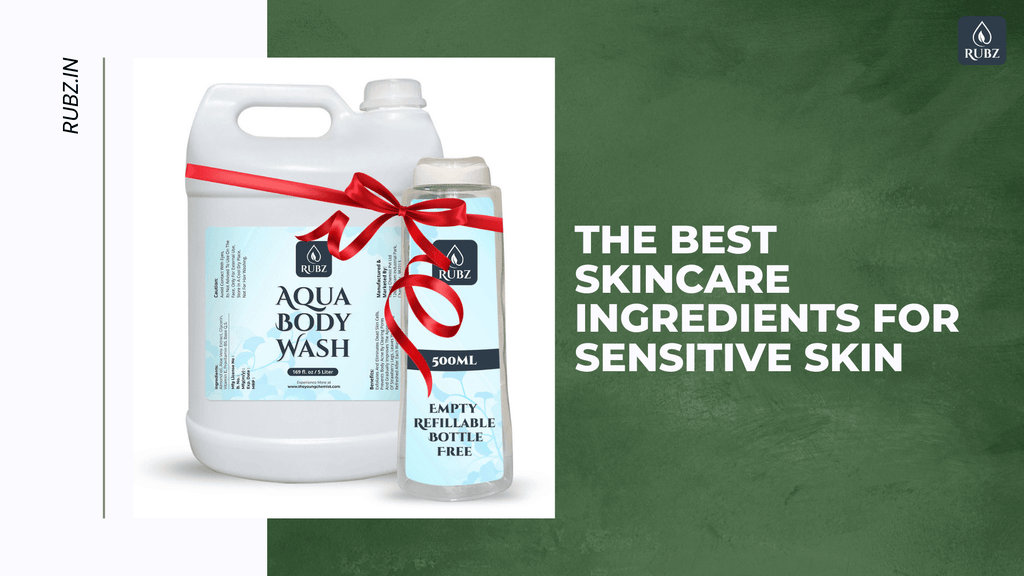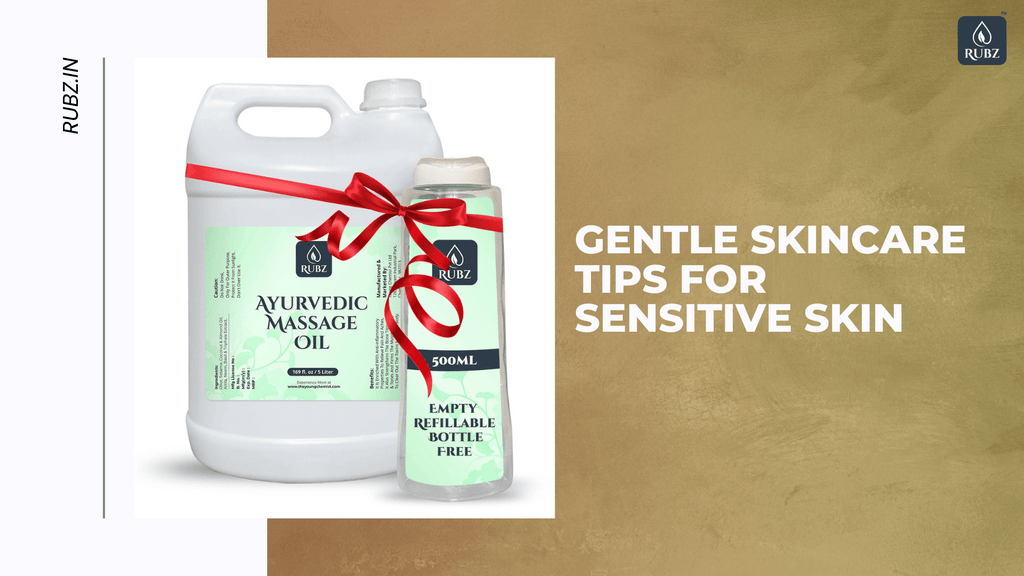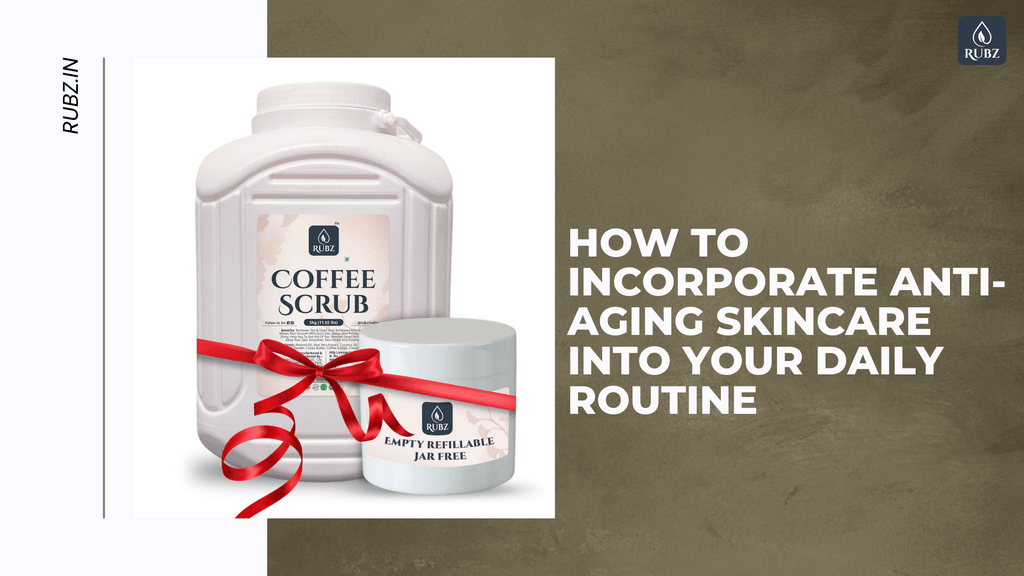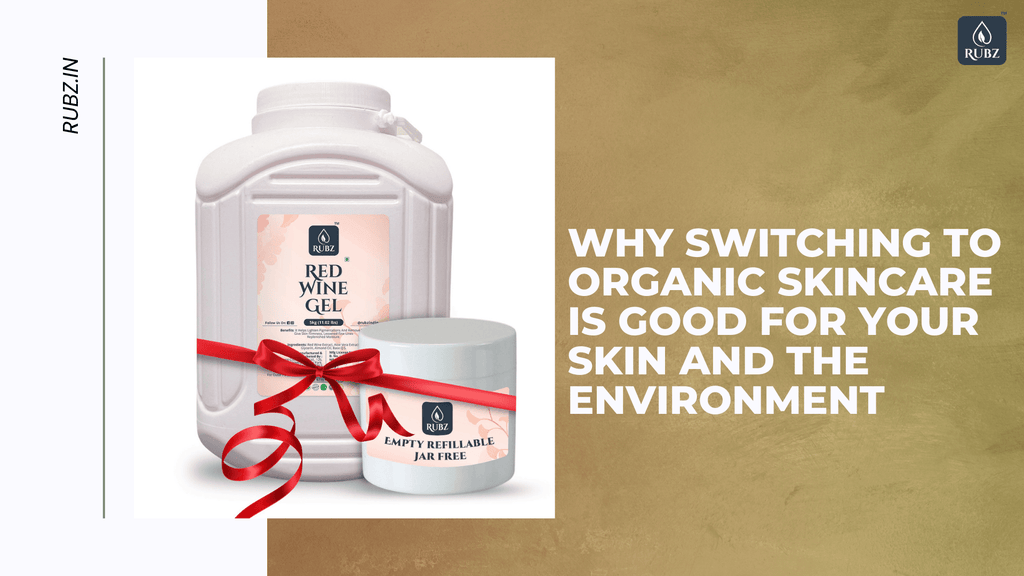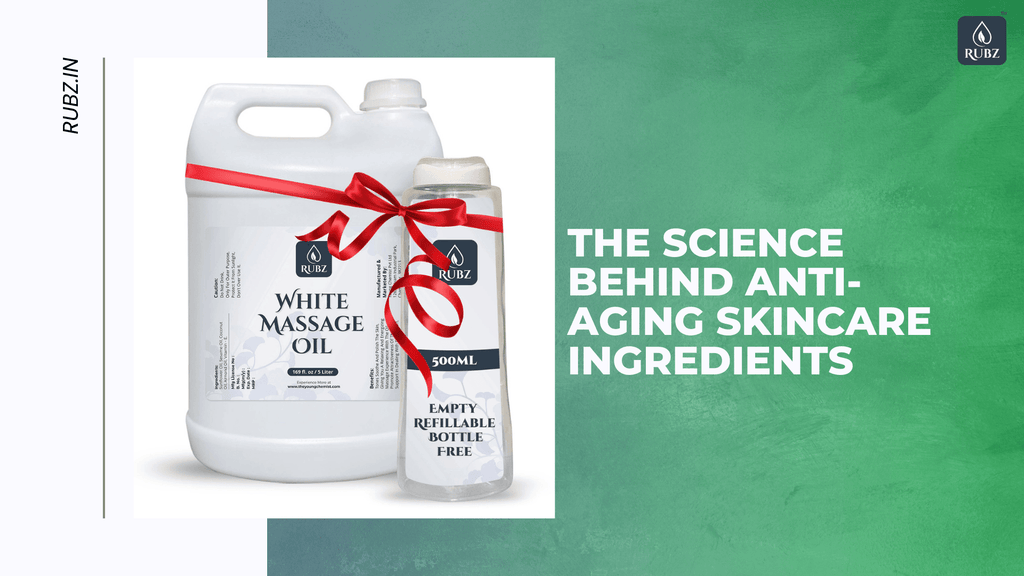
The Science Behind Anti-Aging Skincare Ingredients

Welcome to another insightful blog post where we delve into the fascinating world of skincare and explore the science behind anti-aging skincare ingredients. Aging is a natural process that affects us all, but with the advancements in skincare science, we can now better understand how certain ingredients can help slow down the signs of aging. In this article, we will explore some key ingredients that are scientifically proven to combat the effects of aging, their mechanisms of action, and how they contribute to youthful and radiant skin. So, let's get started!

Understanding the Basics of Aging:
Before we dive into the specifics, it's essential to have a basic understanding of the aging process. Aging is a complex phenomenon influenced by various factors, including genetics, lifestyle, and environmental factors. One of the primary causes of aging is the gradual decline in collagen production, a vital protein responsible for maintaining the skin's firmness and elasticity. As collagen diminishes, fine lines, wrinkles, and sagging skin become more prominent.
The Role of Antioxidants:
Antioxidants play a crucial role in combating the signs of aging. They protect the skin from free radicals, unstable molecules that damage the skin's cells and accelerate the aging process. Some potent antioxidants commonly found in anti-aging skincare products include vitamins C and E, green tea extract, and coenzyme Q10. These antioxidants neutralize free radicals, reducing oxidative stress and helping to maintain a youthful complexion.
Retinoids: The Gold Standard:
Retinoids are derivatives of vitamin A and have long been regarded as the gold standard in anti-aging skincare. These powerful ingredients work by stimulating collagen production, promoting cell turnover, and reducing the appearance of wrinkles and fine lines. Retinol, a commonly used form of retinoid, can improve skin texture and tone, fade hyperpigmentation, and enhance overall skin radiance. However, it's important to note that retinoids can be quite potent, so it's advisable to start with a low concentration and gradually increase usage to avoid irritation.
Peptides: Building Blocks of Youthful Skin:
Peptides are short chains of amino acids, the building blocks of proteins, including collagen. These small but mighty molecules play a crucial role in maintaining the skin's structure and function. By applying peptides topically, we can provide our skin with the necessary components to stimulate collagen synthesis and improve skin elasticity. Some popular peptides used in anti-aging skincare include Matrixyl, Argireline, and copper peptides.
Hyaluronic Acid: The Ultimate Hydrator:
Hyaluronic acid is a naturally occurring substance in our bodies that acts as a humectant, attracting and retaining moisture in the skin. As we age, the levels of hyaluronic acid in our skin decrease, leading to dryness and the appearance of fine lines. By incorporating hyaluronic acid into our skincare routine, we can replenish the skin's moisture levels, improve hydration, and plump up the skin, reducing the visibility of wrinkles.

Sunscreen: Your Best Defence:
No discussion on anti-aging skincare would be complete without emphasizing the importance of sunscreen. UV rays from the sun are one of the primary culprits behind premature aging. Prolonged sun exposure leads to photoaging, causing wrinkles, age spots, and a breakdown of collagen. By using a broad-spectrum sunscreen with at least SPF 30, we can protect our skin from the harmful effects of UV radiation and prevent further signs of aging.
FAQs:
Q1: Are anti-aging skincare ingredients safe for all skin types? A1: Most anti-aging skincare ingredients are safe for all skin types. However, individuals with sensitive skin should exercise caution when incorporating potent ingredients like retinoids into their routine. It's advisable to start with a low concentration and gradually increase usage to minimize potential irritation.
Q2: How long does it take to see results from using anti-aging skincare products? A2: The time it takes to see noticeable results may vary depending on the individual and the specific product being used. Generally, it takes several weeks to a few months of consistent use to observe significant improvements in skin texture, fine lines, and wrinkles.
Q3: Can I use multiple anti-aging ingredients together? A3: Yes, you can use multiple anti-aging ingredients together, but it's important to introduce them gradually into your skincare routine. Start with one new ingredient at a time to assess your skin's response and ensure compatibility. It's also important to follow the instructions provided with each product for optimal results.
Q4: Are natural or organic ingredients as effective as synthetic ones? A4: Both natural and synthetic ingredients can be effective in anti-aging skincare products. The efficacy of an ingredient depends on its specific properties and the concentration used. It's essential to focus on scientific evidence and research supporting the effectiveness of a particular ingredient, regardless of whether it is natural or synthetic.
Q5: Can I use anti-aging skincare products if I'm in my 20s or 30s? A5: Absolutely! It's never too early to start incorporating anti-aging skincare products into your routine. Prevention is key when it comes to aging, and using products that promote collagen production, protect against free radicals, and maintain hydration can help preserve the youthfulness of your skin.
Q6: Do anti-aging skincare ingredients work on deep wrinkles? A6: While anti-aging ingredients can help improve the appearance of deep wrinkles, it's important to note that they may not completely eliminate them. Deep wrinkles often require more advanced treatment options, such as professional procedures like dermal fillers or laser resurfacing, for significant improvement.
Q7: Can I use anti-aging skincare products during pregnancy or breastfeeding? A7: It's recommended to consult with your healthcare provider before using any skincare products, including anti-aging ones, during pregnancy or while breastfeeding. Some ingredients may not be suitable for use during these periods, so it's important to prioritize the safety of both you and your baby.

Conclusion:
By understanding the science behind anti-aging skincare ingredients and addressing common questions, we hope to have provided you with valuable insights into creating an effective anti-aging skincare routine. Remember, consistency and patience are key when it comes to achieving long-term results. Consult with a dermatologist or skincare professional for personalized advice based on your skin's specific needs. Here's to youthful, radiant skin!



